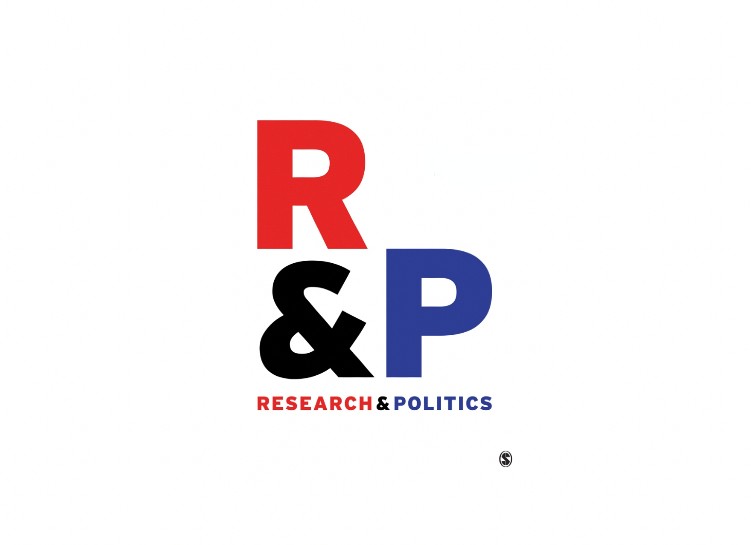Long-standing literature in political science makes clear that political elites can shape the factual beliefs and policy attitudes of the mass public, especially co-partisans (Lenz, 2013; Zaller, 1992). Yet whether this capacity extends to sitting presidents who disseminate misinformation and who can be fact-checked is an open question. On the one hand, it is possible that political elites can play a dominant role in shaping factual beliefs and policy attitudes even in the presence of fact-checks, with effects most acute among co-partisans. Indeed, some scholars have argued that presidents in particular can shape the political attitudes of the mass public, if only for a short amount of time (Canes-Wrone, 2005; Cavari, 2013; Ragsdale, 1984). On the other hand, it could be the case that fact-checks effectively reduce beliefs in falsehoods propagated by political elites, even when a respondent and the political elite come from the same political party. After all, the power of presidents to shape mass attitudes appears much more limited than popularly imagined (Edwards, 2003; Franco et al., Unpublished). In an age of fact-checking (Graves, 2016), can presidents use the bully pulpit to spread misinformation—and can they use that misinformation to bring Americans closer to their policy preferences?
Here, we present results of two experiments that aggressively measure the capacity of the current president to affect factual beliefs and policy attitudes, with and without the presence of fact-checking. In both experiments, subjects were exposed to misinformation advanced by President Trump about climate change, with some subjects subsequently exposed to fact-checks of this misinformation. In general, correcting misinformation about science can be difficult (Pluviano et al., 2017). As others have recently found, climate issues in particular may provoke people to reject factual information (Cook and Lewandowsky, 2016; Ma et al., 2019). Citizens, especially political independents, may conflate short-term weather with long-term climate trends (Hamilton and Stampone, 2013); political controversies around climate change also inhibit agreement with the facts about the topic (Bolsen and Druckman, 2018; Nisbet et al., 2015).


